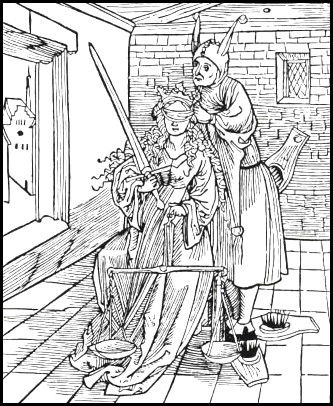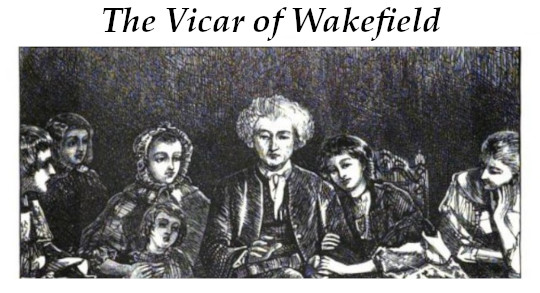Anatole France? Bertrand Russell? W. Somerset Maugham? Oliver Goldsmith? J. A. Schmit? Laurence J. Peter? Apocryphal?
Question for Quote Investigator: Fifty million people may parrot a false or foolish statement, but that will not metamorphose it into a true or sensible remark. Here are two instances in this family of statements:
- If fifty million people say a foolish thing, it is still a foolish thing.
- If forty million people say a foolish thing, it does not become a wise one
This saying has been attributed to French Nobel Prize-Winning author Anatole France, British philosopher Bertrand Russell, and English novelist W. Somerset Maugham. Would you please explore this topic?
Reply from Quote Investigator: A semantically similar remark was penned by novelist Oliver Goldsmith in “The Vicar of Wakefield” in 1766. Boldface added to excerpts by QI:1
. . . the united voice of myriads cannot lend the smallest foundation to falsehood.
A separate QI article about the expression above is available here.
In 1874 another semantic match appeared in an article by J. A. Schmit published in the “Revue Catholique” of Louvain, Belgium. Here is the original statement in French followed by one possible translation into English:2
. . . la vérité est qu’une sottise, même après avoir passé par un million de bouches, n’en reste pas moins une sottise.
. . . the truth is that a stupidity, even after having passed through a million mouths, does not become less foolish.
In 1890 an article in a journal of the Theosophical Publishing Company in London contained a related observation:3
. . . the fact remains that if a million people believe a thing, it neither makes it true nor false. What right, then, have we to found anything on an assumption?
In 1900 Anatole France printed a germane remark about foolishness within a piece in “Le Figaro” newspaper of Paris.4 The piece was part of his novel titled “Monsieur Bergeret à Paris” which was published during the following year:5 The crucial remark was spoken by a character named Henri Léon who was unhappy with the prevalence of foolishness, but he seemed resigned to its presence. Here is the original French followed by a translation:
Et si nous ne sommes pas bêtes, il faut faire comme si nous l’étions. C’est encore la bêtise qui réussit le mieux en ce monde. Les hommes d’esprit sont des sots. Ils n’arrivent à rien.
And if we are not stupid, we must act as if we are. It is still foolishness that succeeds the best in this world. Intelligent men are fools. They are not getting anywhere.
In 1901 W. Somerset Maugham penned a close match to the saying under examination in one of his personal notebooks:6
If forty million people say a foolish thing it does not become a wise one, but the wise man is foolish to give them the lie.
The phrase “to give them the lie” here means “to show them that the foolish thing is inaccurate or untrue”. Maugham’s 1901 remark was published in 1949 many years after it was written.
Below are additional selected citations in chronological order.
Continue reading “Quote Origin: If Fifty Million People Say a Foolish Thing, It Is Still a Foolish Thing”








